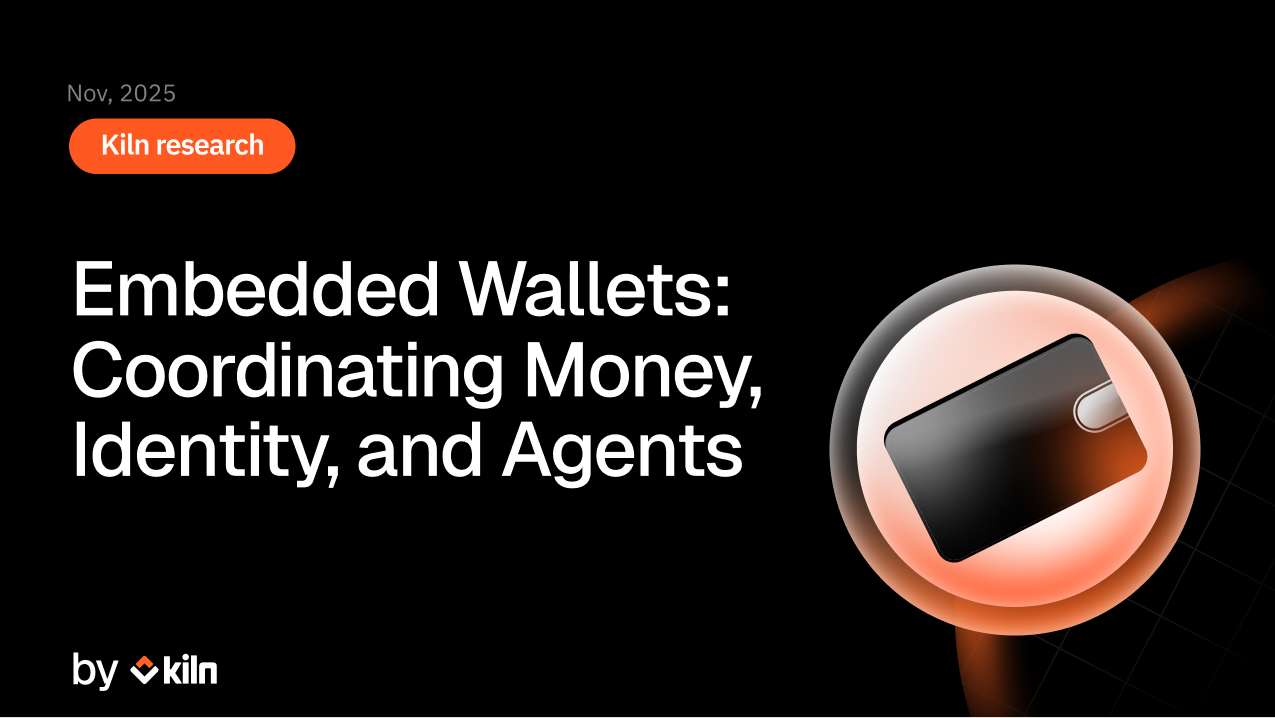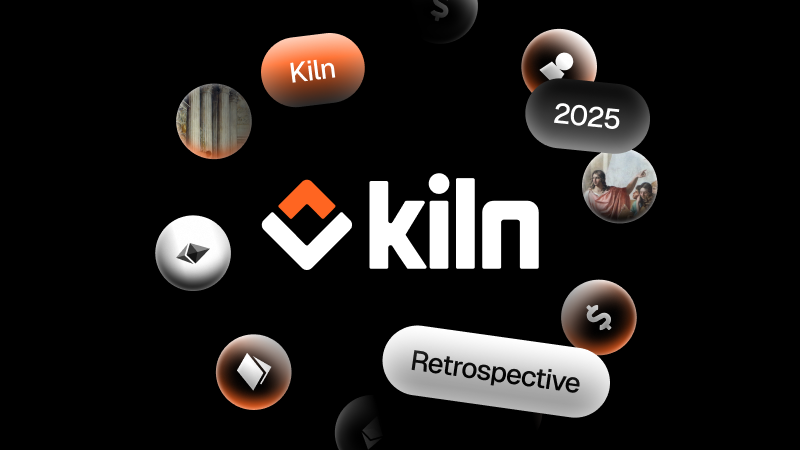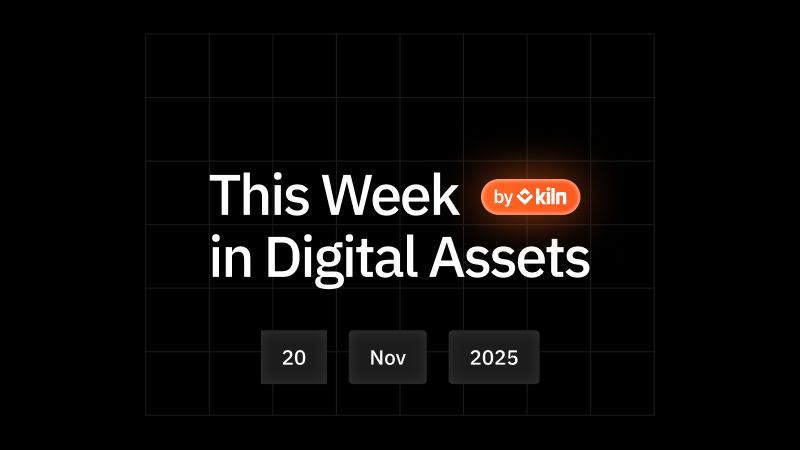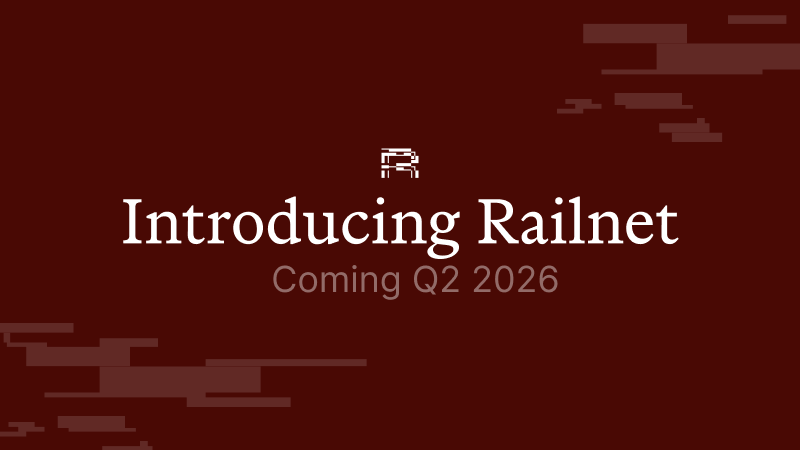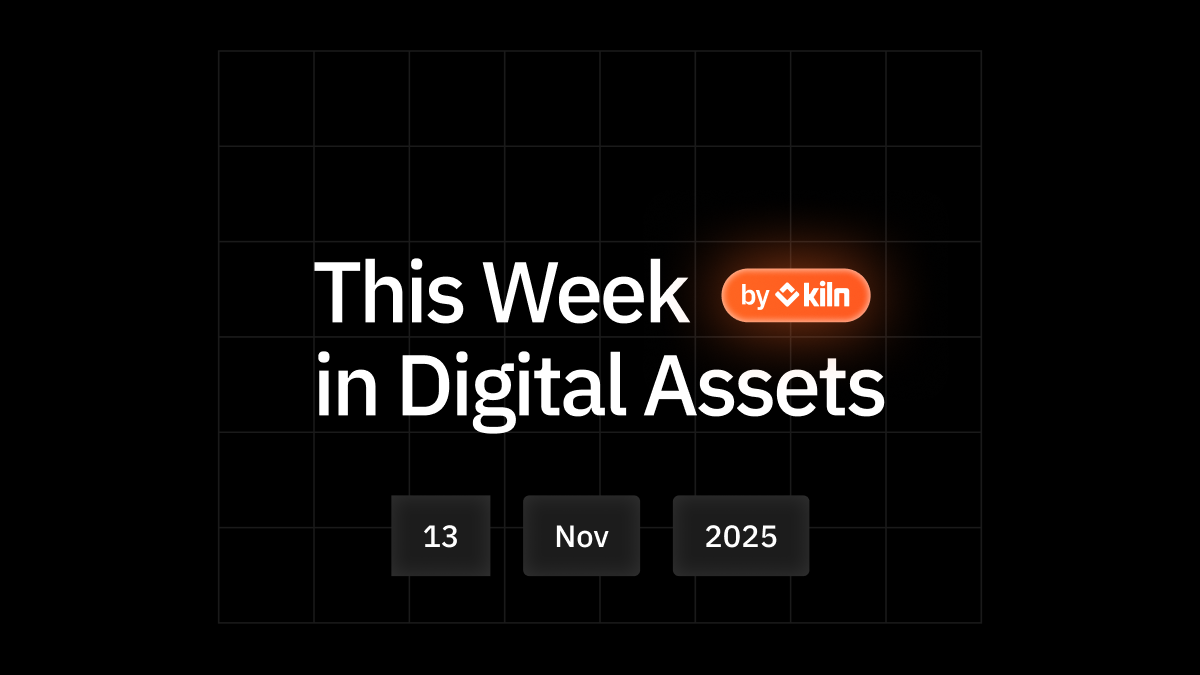Wallets are evolving far beyond simple key storage. In Web3, the “wallet” is no longer just a container for assets, but the entry point that authenticates users, manages identity, and coordinates access to digital applications. Embedded wallets are now reshaping how people interact with crypto by making these functions seamless, app-native, and nearly invisible, closing the gap between Web2 and Web3 experiences.
This report explores how embedded wallets fold cryptographic complexity into familiar flows, such as single sign-on, while enabling programmable accounts that can automate transactions, enforce policies, and support cross-chain interactions. The result: a more intuitive Web3 experience that doesn’t compromise on user control or security.
In this report, you’ll gain a deeper understanding of the embedded wallet landscape, the technical and market forces driving adoption, and the competitive dynamics shaping this fast-growing category. From account abstraction standards like ERC-4337 and EIP-7702 to the rise of Wallet-as-a-Service (WaaS) platforms, we examine how embedded wallets are setting the stage for mainstream, institutional-grade adoption.
Key insights from the Embedded Wallets report
• The shift to invisible key management: Seed phrases, network selection, and manual gas payments are being abstracted away. Embedded wallets anchor identity with passkeys, biometrics, and compliance rules — offering the UX of Web2 with the cryptographic guarantees of Web3.
• Account Abstraction unlocks smart accounts: Ethereum’s ERC-4337 and the newer EIP-7702 enable programmable accounts that support batching, sponsorship of gas fees, and policy enforcement. Weekly active smart accounts have grown 5x year-over-year, surpassing 3.0M in October 2025.
• A competitive but consolidating market: Dozens of startups and major incumbents are vying to provide Wallet-as-a-Service and Account Abstraction infrastructure. Stripe’s acquisition of Privy and Coinbase’s WaaS expansion underscore the growing M&A momentum in the space.
• VC funding remains steady: Despite tighter capital conditions, embedded wallet providers continue to raise significant rounds — with Turnkey ($30M), Crossmint ($23.6M), and Utila ($22M) among the notable deals this year. The funding trend highlights the category’s resilience and long-term potential.
• Embedded wallets as orchestration layers: Beyond infrastructure, wallets are becoming orchestration hubs for payments, identity, and data sharing across applications. This positions them to capture not only transactional flows, but also high-margin services across commerce and finance.
About Kiln
Kiln is the leading staking and digital asset rewards management platform, enabling institutional customers to earn rewards on their digital assets, or to whitelabel earning functionality into their products. Kiln runs validators on all major PoS blockchains, with over $11 billion in crypto assets being programmatically staked and running over 5% of the Ethereum network on a multi-client, multi-cloud, and multi-region infrastructure. Kiln also provides a validator-agnostic suite of products for fully automated deployment of validators and reporting and commission management, enabling custodians, wallets, and exchanges to streamline staking or DeFi operations across providers. Kiln is SOC2 Type 2 certified.








